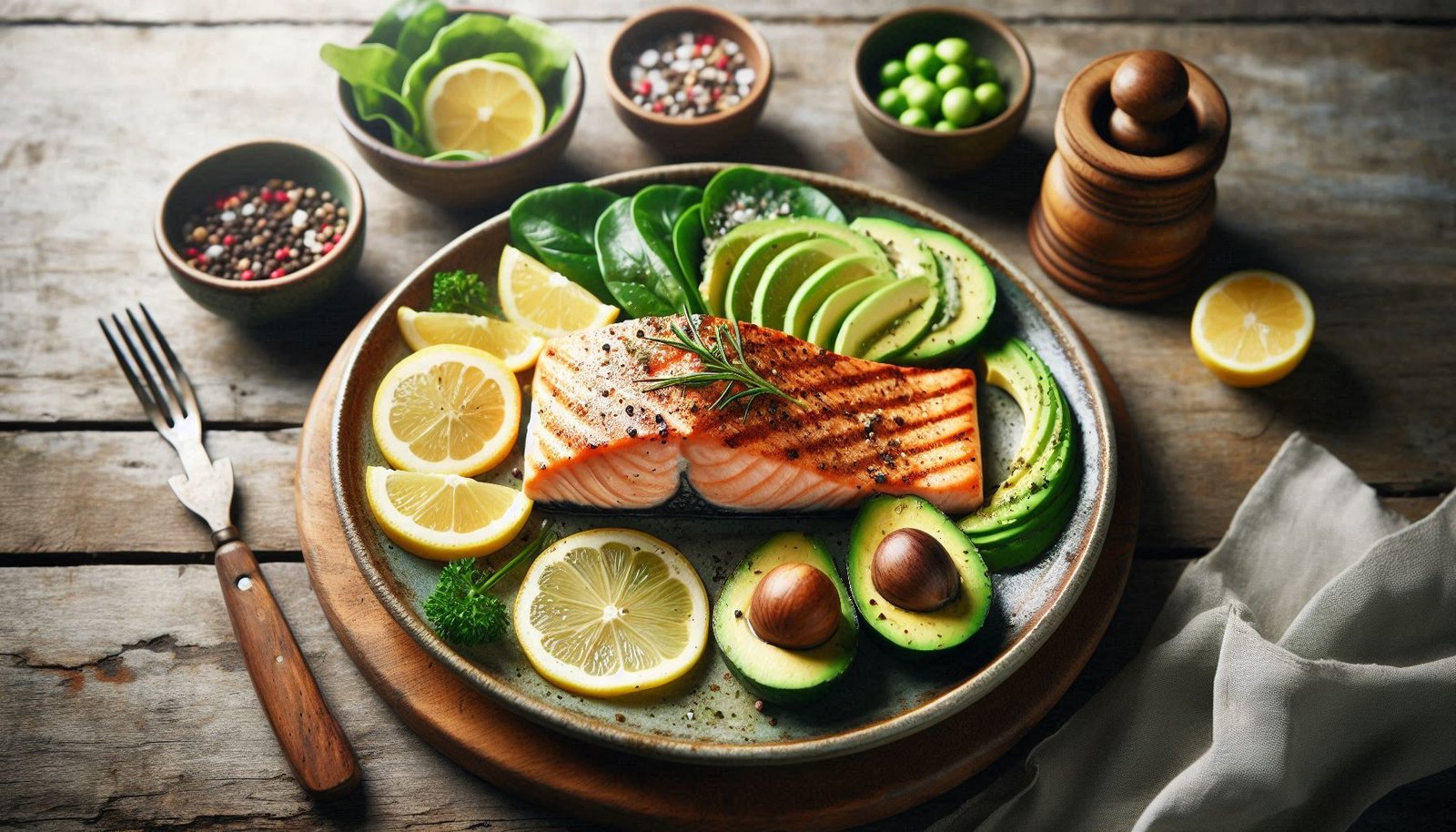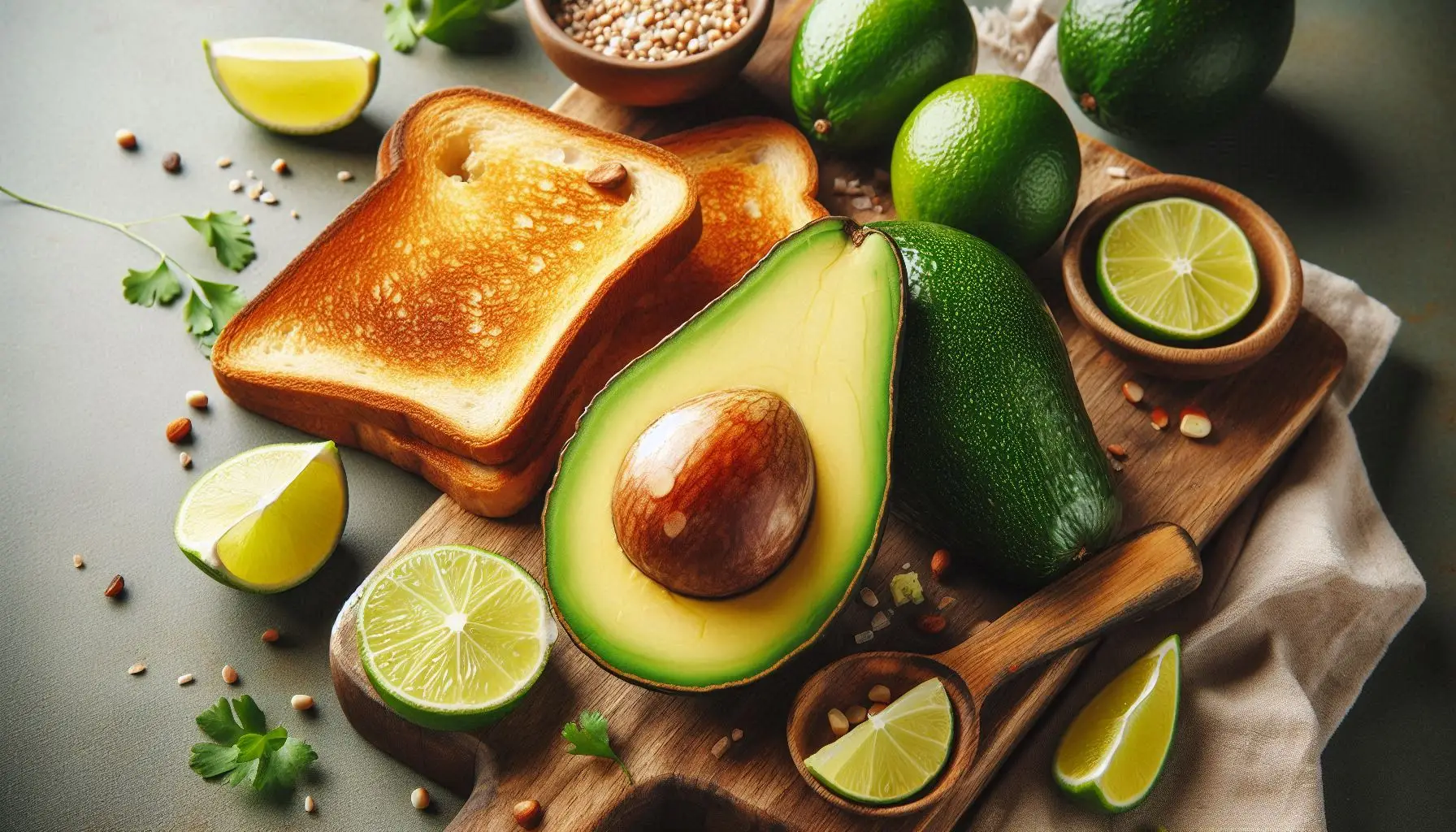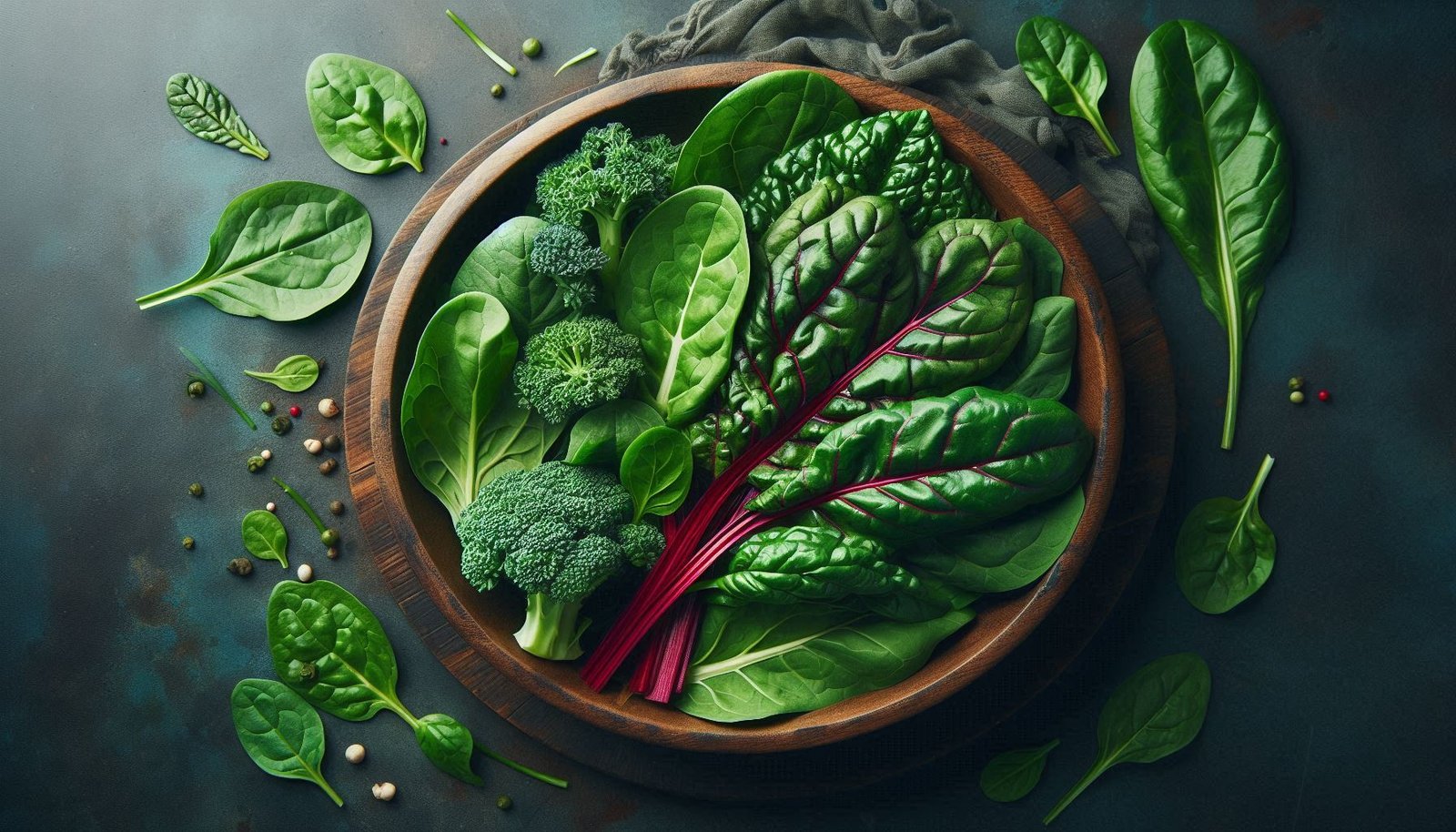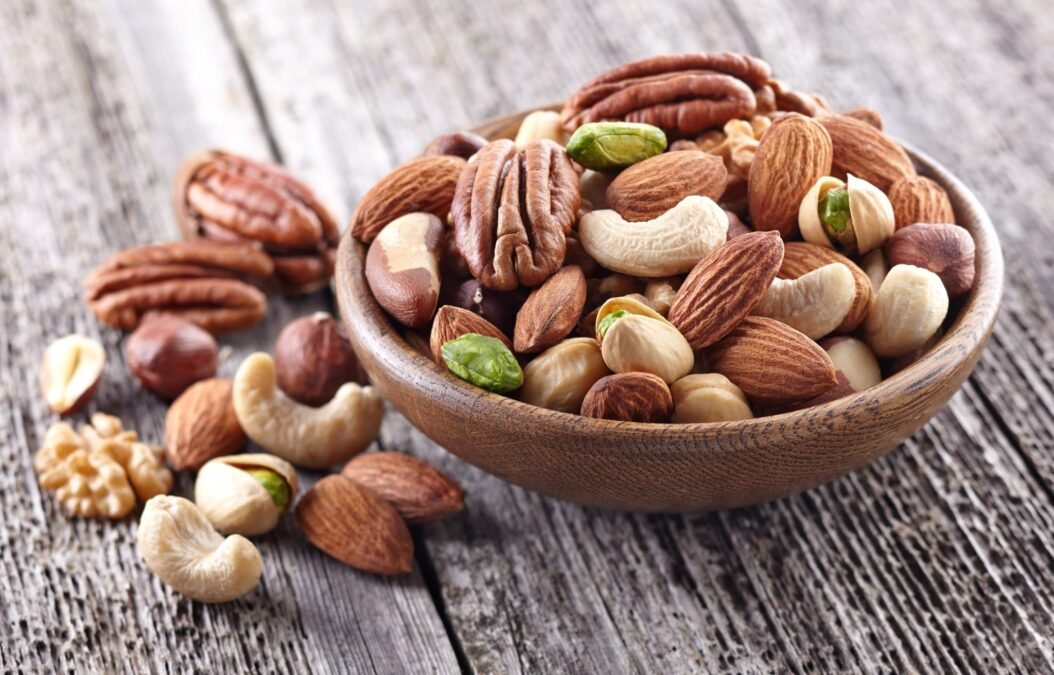Foods To Help Reduce Cortisol Levels and Boost Relaxation
Stress is a part of everyday life, but too much of it can take a serious toll on your mind and body. One of the key hormones linked to stress is cortisol, often called the “stress hormone.”
While cortisol plays an important role in regulating metabolism, energy, and immune function, consistently high levels can lead to issues like weight gain, fatigue, anxiety, high blood pressure, and even sleep disturbances.
The good news? Your diet can play a powerful role in balancing cortisol naturally. Certain foods are packed with nutrients that support your adrenal glands, calm inflammation, and help regulate your stress response.
Let us know the 8 best foods to help reduce cortisol levels naturally and how to include them in your daily diet.
1. Fatty Fish (Salmon, Mackerel, Sardines)

Omega-3 fatty acids found in fatty fish are well-known for their anti-inflammatory and stress-lowering effects. Research suggests that omega-3s help regulate cortisol production, improving your body’s ability to cope with stress.
Why it helps:
- Rich in omega-3s (EPA and DHA) that reduce cortisol and adrenaline spikes.
- Provides vitamin D, which supports mood balance and stress management.
- Promotes heart and brain health, often affected by chronic stress.
How to eat it:
Enjoy grilled or baked salmon twice a week.
Add sardines or mackerel to salads or whole-grain crackers for a healthy snack.
2. Dark Chocolate

Good news for chocolate lovers—dark chocolate (70% or higher cocoa) has been linked to reduced stress levels. The flavonoids and antioxidants in cocoa may help regulate cortisol production and improve mood.
Why it helps:
- Contains magnesium, a mineral that calms the nervous system.
- Boosts serotonin and endorphins, natural mood stabilizers.
- Polyphenols in cocoa support cardiovascular health while lowering stress hormones.
How to eat it:
Snack on a small square of dark chocolate daily.
Add cocoa powder to smoothies or oatmeal fo a cortisol-friendly boost.
3. Green Tea

Unlike coffee, which can sometimes spike cortisol, green tea provides a calmer source of energy. It contains L-theanine, an amino acid that promotes relaxation without drowsiness.
Why it helps:
- L-theanine reduces cortisol and supports alpha brain waves, linked to calm focus.
- Contains antioxidants like EGCG (epigallocatechin gallate), which protect cells from stress-related damage.
- Provides gentle caffeine for alertness without overstimulation.
How to drink it:
Replace your second cup of coffee with green tea.
Enjoy 2–3 cups a day for maximum cortisol-balancing benefits.
4. Avocados

Avocados are nutrient powerhouses packed with healthy fats, potassium, and B vitamins—all essential for stress management.
Why it helps:
- High in potassium, which helps regulate blood pressure often elevated by stress.
- Rich in monounsaturated fats that support heart health.
- B vitamins aid in producing neurotransmitters that regulate mood and cortisol levels.
How to eat it:
Spread avocado on whole-grain toast for breakfast.
Add slices to salads, wraps, or smoothies.
5. Leafy Greens (Spinach, Kale, Swiss Chard)

Dark leafy greens are loaded with vitamins, minerals, and phytonutrients that support stress resilience. One standout nutrient is magnesium, known for its calming effect on the nervous system.
Why it helps:
- Magnesium deficiency is linked to higher cortisol and stress-related symptoms.
- Antioxidants help reduce oxidative stress caused by chronic cortisol spikes.
- Folate supports serotonin production for better mood regulation.
How to eat it:
Blend spinach or kale into green smoothies.
Sauté Swiss chard with garlic and olive oil as a side dish.
6. Berries (Blueberries, Strawberries, Raspberries)

Berries are loaded with antioxidants, particularly vitamin C and flavonoids, which help protect your body from stress-related free radical damage.
Why it helps:
- Vitamin C is proven to reduce cortisol levels and lower blood pressure during stress.
- High fiber content balances blood sugar, preventing spikes that worsen stress responses.
- Natural sweetness satisfies cravings in a healthy way.
How to eat it:
Add a handful of blueberries to yogurt or oatmeal.
Blend mixed berries into smoothies for a refreshing, stress-busting drink.
7. Yogurt and Probiotic Foods

Gut health and stress are closely linked. Probiotic-rich foods like yogurt, kefir, kimchi, and sauerkraut help regulate gut bacteria, which in turn influences cortisol levels and mood.
Why it helps:
- Probiotics improve gut-brain communication, reducing anxiety and stress.
- Calcium and protein in yogurt support stable energy and hormone regulation.
- Healthy gut flora can lower inflammation, often triggered by stress.
How to eat it:
Enjoy plain Greek yogurt with berries and a drizzle of honey.
Include fermented foods like kimchi or sauerkraut in your meals.
8. Nuts and Seeds (Almonds, Walnuts, Pumpkin Seeds)

Nuts and seeds are excellent sources of healthy fats, magnesium, and protein—key nutrients that regulate cortisol and support overall stress balance.
Why it helps:
- MAGNESIUM helps relax muscles and nerves, lowering cortisol.
- Walnuts contain omega-3s for anti-inflammatory benefits.
- Protein and fiber provide stable energy and reduce blood sugar spikes.
How to eat it:
Snack on a small handful of almonds or walnuts daily.
Add pumpkin seeds to salads, oatmeal, or smoothies.
Lifestyle Tips to Maximize Cortisol Control
While these foods play a big role, combining them with healthy lifestyle habits amplifies the results:
- Stay hydrated – Dehydration increases cortisol levels.
- Exercise moderately – Gentle workouts like yoga or walking help lower stress.
- Sleep well – Poor sleep is one of the biggest triggers of high cortisol.
- Practice mindfulness – Meditation and deep breathing can naturally reduce cortisol.
Final Thoughts
High cortisol levels can wreak havoc on your physical and mental health, but your daily food choices have the power to bring balance back. Incorporating fatty fish, dark chocolate, green tea, avocados, leafy greens, berries, probiotic foods, and nuts into your diet can naturally lower cortisol and improve your stress resilience.
When paired with good sleep, mindful practices, and regular exercise, these foods become part of a holistic approach to managing stress and protecting your overall health.




